The United Nations stated; “Water is the primary medium through which we will feel the effects of climate change.”
A rise in global temperatures has been causing an increase in larger amounts of water evaporation which leads to more frequent, intense, and heavy rains as seen when Typhoon Rai, one of the strongest in history to hit the Philippines in December of 2021.
Climate scientists predict these intense rains will cause increased flooding. This excess water or water run-off will pick up contaminants like fertilizer and eventually will end up in larger bodies of water like lakes and oceans, resulting in increased water pollution and limiting water access for us and ecosystems.
As fertilizers pollute our lakes and oceans, they cause algae growth. These algal blooms block sunlight for underwater life and decrease oxygen levels within the water. These algal blooms are toxic and can kill off fish and other marine life, which are also resistant to the purification process, making tap water unfit to drink.
As global temperatures increase, freshwater glaciers begin to melt and runoff into the oceans which causes the sea levels to rise. With this rise in sea level, more saltwater contaminates aquifers which are bodies of rock that hold or contain freshwater. In places where droughts occur consistently and freshwater is lacking, a process called desalination is used to remove the salt from the saltwater. Unfortunately, this is a very high-energy and costly process in order to produce fresh water. Places like the Middle East, the Caribbean, and North Africa use this process out of necessity.
Even snowmelt is used as a freshwater source and held in reservoirs. As snow fall begins to decline in many areas, farmers may not have this reserve of water to irrigate crops.
Water scarcity is the result of a rise in global temperatures. The main objective is to focus on what we can do now to address and approach this issue.
As consumers, we can help by:
· Looking to buy local produce which saves on the energy used to transport produce, thereby reducing carbon emissions that result in increased global temperatures
· If you have a dishwasher, run a full load so you are not running the dishwasher all the time and use an energy saving setting if available
· When using a washing machine, using cold or warm water is more energy efficient than using hot water and running a fuller load than washing many smaller loads will also save water. If possible, upgrade to an energy efficient washing machine.
· Turning off the tap when brushing your teeth will save on water.
· If looking to purchase a car, check for fuel efficiency
But overall, some of the practices that would truly benefit us are:
· If fossil fuel dependent industries would make the switch to using cleaner renewable energy sources
· Finding ways to recycle wastewater
· Improve agricultural irrigation
· Improve energy consumption of desalination plants
· Create new water conservation technologies
· The auto industry creating more fuel-efficient cars
References:
https://www.unwater.org/water-facts/climate-change/
https://www.nationalgeographic.org/article/how-climate-change-impacts-water-access/
https://www.nationalgeographic.org/encyclopedia/aquifers/
Photo by United States Geological Survey on Unsplash
Algal blooms on Milford Lake, Kansas, United States


